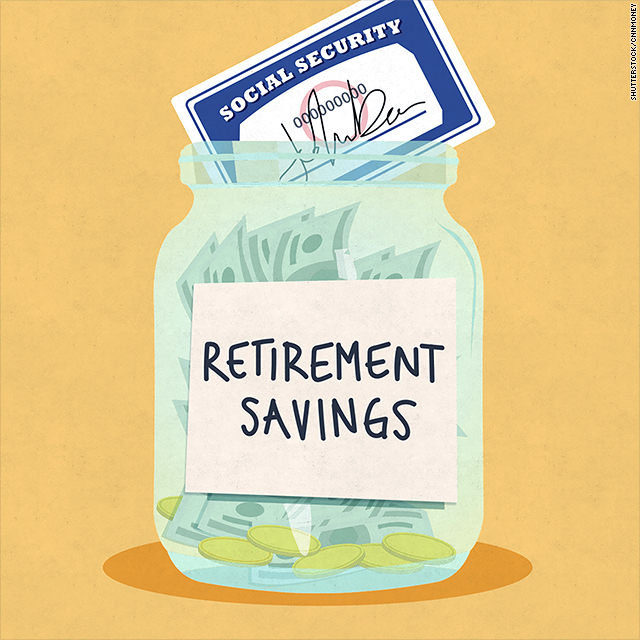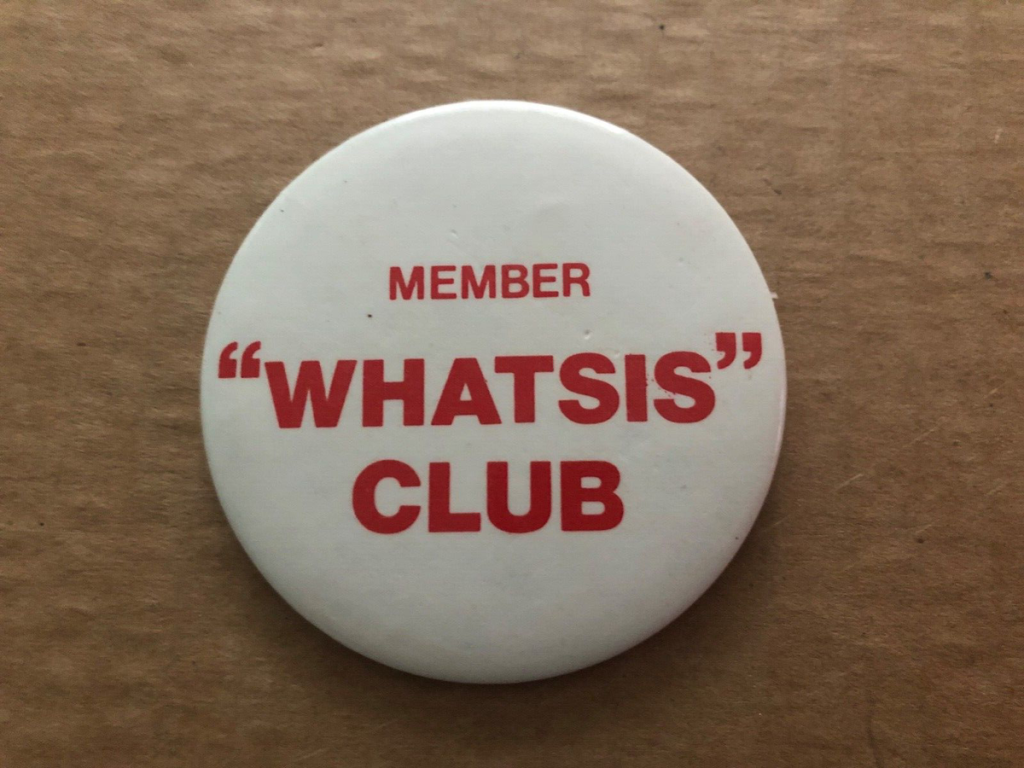I was thinking the other day about how thrilled I was, shortly after I turned 65, when I signed up for Social Security. It was a watershed moment, and my husband took me out for lunch to celebrate.
I was thrilled because for the previous 50 years, I’d paid into the Social Security trust fund via the payroll tax. In fact, since I was a freelance writer for 25 of those years, I’d paid into Social Security twice over. The 12.4 percent payroll tax that funds the program is divided between workers and their employers—each pays half, or 6.2 percent. While I was self-employed, I paid the whole 12.4 percent myself. Now, that money would begin coming back to me.
The monthly Social Security payment I get is called an “earned benefit,” and that’s the way I’ve always thought of it. It’s not a handout from the government. It’s mostly my own tax money, which had been tucked away safely by the government, being returned in my later years. And the benefits, I’ve assumed, will keep on coming as long as I live. That’s a good deal, but it may now be in jeopardy.
(I’m aware that the system isn’t as simple as putting away money in a savings account in a bank. While I was working and paying the payroll tax, the government used my money to provide benefits for older people who had retired. When I began collecting Social Security benefits myself, the money came from taxes paid by younger people now in the workforce. The system works like a family, with each generation supporting the older one ahead of it in the expectation that it will receive some support in turn.)
At 85, I’m still working, even as my very welcome benefits arrive faithfully each month. And I’m still paying the payroll tax on what I earn and on my Social Security benefits, and that’s fair enough. Even if, over my lifetime, I pay more into Social Security than I get back, I’ll be okay with that. I want the program to be there for my children and grandchildren when they grow older—and for other people’s kids and grandkids too.
It’s impossible to exaggerate how important Social Security is. The majority of its beneficiaries rely on it for most of their income, and 40 percent of older Americans are totally dependent on it. That’s all they have to live on, and it’s not enough. The average monthly benefit in January 2020 was about $1,500, and many people receive less than that.
Without Social Security, poverty would sweep through this country’s elders like a pandemic.
Yet periodically the politicians we elect propose major, detrimental changes to the system. I want to say to all of them: those are our earned benefits. We older people earned them. It would be theft if you took them away or reduced them, no matter how you did it.
As I see it, current proposals to curtail Social Security are a highly destructive, even potentially deadly expression of ageism. And I can’t help worrying about what’s going to happen to older adults, present and future.

Flora Davis has written scores of magazine articles and is the author of five nonfiction books, including the award-winning Moving the Mountain: The Women’s Movement in America Since 1960 (1991, 1999). She currently lives in a retirement community and continues to work as a writer.



